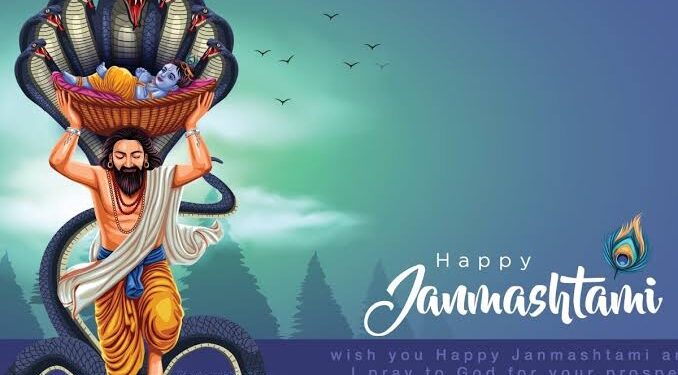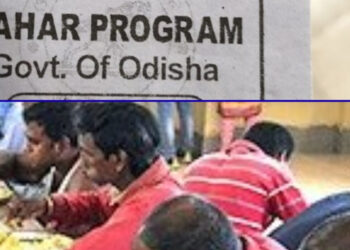Janmashtami is a major Hindu festival which is purely dedicated to Lord Krishna. This day is celebrated to commemorate the birth anniversary of Lord Krishna. This day is also celebrated as Krishna Janmotsava.
The day holds great religious and spiritual significance in Hindu religion. Krishna Janmashtami is celebrated across the country with great grandeur. Krishna Janmashtami is celebrated on Ashtami Tithi of Krishna Paksha in the month of Bhadrapada. This year, Janmashtami is going to be celebrated on August 16, 2025.
Important Dates and Timings for Janmashtami 2025
The festival is celebrated on the Ashtami Tithi (eighth day) of the Krishna Paksha in the Hindu month of Bhadrapada. Here are the specific timings for the observance this year:
- Ashtami Tithi Begins: August 15, 2025, at 11:49 PM
- Ashtami Tithi Ends: August 16, 2025, at 9:34 PM
- Nishita Puja Time (Midnight Worship): August 15, 2025, from 12:04 AM to 12:47 AM (continuing into August 16)
- Parana Time (Breaking the Fast): After 9:34 PM on August 16, 2025
It is important to note that the Rohini Nakshatra, another significant astrological period associated with Krishna’s birth, begins later on August 17, 2025.
Significance and Rituals
Janmashtami marks the 5252nd birthday of Lord Krishna, a beloved deity in the Hindu pantheon. Devotees around the world celebrate with great fervor, visiting temples, performing special pujas (worship rituals), and chanting mantras to honor him.
It is a common practice for devotees to fast on this day and break it only after the midnight rituals, which symbolize the moment of Krishna’s birth. Chanting sacred hymns like the Hare Krishna Maha-mantra and reciting verses from the Bhagavad Gita are also integral parts of the celebration. It is believed that those who pray to Lord Krishna on this day are blessed with joy, prosperity, and the fulfillment of their desires.
The Story of Krishna’s Birth
The festival’s roots lie in the story of King Kansa of Mathura. A divine prophecy foretold that Kansa’s sister Devaki’s eighth child would be his downfall. Fearing this prediction, Kansa imprisoned Devaki and her husband, Vasudeva, and killed their first seven children.
However, when the eighth child, Krishna, was born at midnight in the prison, a miraculous event occurred. The jail doors opened, the guards fell asleep, and Vasudeva was able to carry the baby across the Yamuna River to the village of Gokul. There, he swapped Krishna with a newborn girl from the home of Nanda and Yashoda. Kansa’s attempt to kill the girl failed, as she transformed into the goddess Durga and confirmed that his destroyer was safe.
The celebration of Janmashtami at midnight is a direct homage to the time of Krishna’s birth. Devotees fast throughout the day, and at midnight, they perform puja (worship), singing devotional songs, and placing a baby Krishna idol in an ornamented cradle, marking the moment he was born.
Life, Teachings, and Cultural Impact
Krishna’s life is celebrated for both his playful childhood and his profound wisdom. His mischievous acts of stealing butter and playing with the gopis (milkmaids) are remembered with affection. As an adult, he became a righteous guide and protector, most notably in the epic Mahabharata, where he imparted the philosophy of the Bhagavad Gita to Arjuna. His teachings on duty, selflessness, and devotion continue to inspire people globally.
Janmashtami has evolved from a purely religious observance to a rich cultural tradition. In North India, particularly in Mathura and Vrindavan, the festival is celebrated with great fanfare. In Maharashtra, the famous Dahi Handi processions are a highlight, while in South India, people draw footprints to welcome Krishna into their homes.
Food and attire are also integral to the celebration. Families prepare sattvik (pure) food offerings like panjiri and makhan-mishri for Krishna. Women wear vibrant traditional clothes, and men and boys often dress as Krishna, complete with a peacock feather and flute.
The festival brings communities together for prayers and festivities, offering a break from the routine of modern life. Krishna’s story serves as a timeless reminder that goodness and truth will always prevail over evil.





























